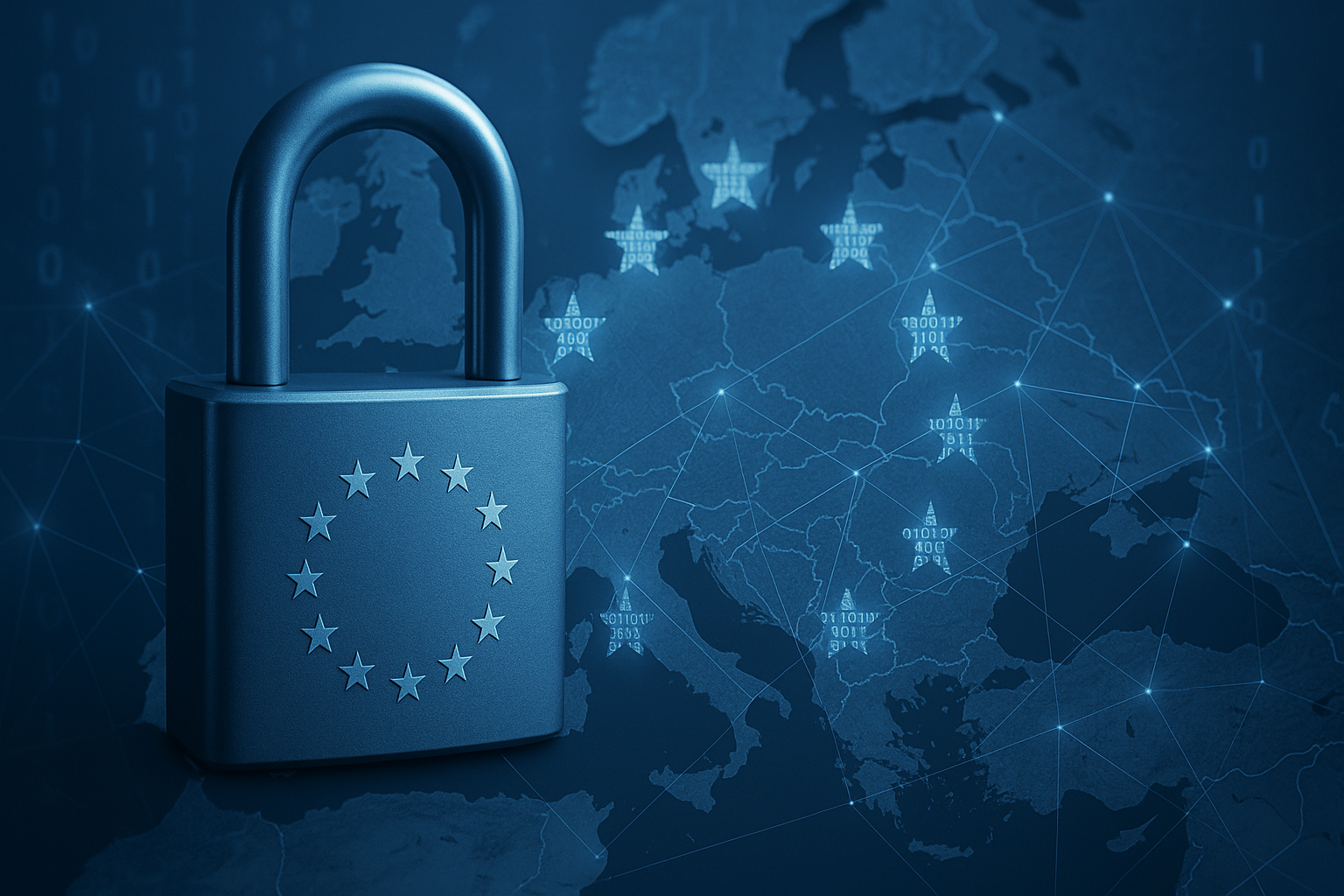
Meet the Authors
Key Takeaways
-
Digital sovereignty is crucial for SAP-centric organizations, requiring control over data location and compliance with regulatory frameworks like GDPR and the EU Data Act.
-
SUSE's hybrid cloud solutions provide flexibility and compliance for SAP workloads, enabling seamless transitions across various cloud environments while maintaining operational agility.
-
The introduction of EU Sovereign Premium Support highlights the importance of local support models, emphasizing the need for region-specific service and expertise to ensure compliance and build trust.
As more SAP workloads move to the cloud, enterprises face an increasing challenge: maintaining control over data location, access, and compliance within a multinational regulatory environment. SUSE positions itself as a trusted partner for digital sovereignty, offering policy-driven solutions and a new EU Sovereign Premium Support service to help SAP-centric organizations stay flexible and in control, regardless of where their SAP applications operate.
Digital sovereignty, the principle that organizations should control where their data is stored, who can access it, and how it is governed, has become an essential concern for many enterprises. With regulatory frameworks like GDPR and the EU Data Act shaping operational requirements, SAP customers must manage complex compliance mandates while ensuring performance and security for mission-critical applications.
Building a Digital Sovereignty Framework for SAP
SUSE’s approach to digital sovereignty blends open source flexibility with sovereign cloud partnerships to give SAP customers greater control over their environments. According to SUSE, the aim is to close gaps in governance by making sure data handling policies are enforceable across hybrid and multi-cloud setups.
Explore related questions
Key elements of this strategy include SUSE Linux Enterprise Server (SLES) for SAP applications and SUSE Multi-Linux Manager, both optimized for performance, high availability, and compliance in regulated environments. Additionally, SUSE Rancher Prime and SUSE Security provide control over Kubernetes distributions. Freedom from vendor lock-in and the ability to control your environment are central to digital sovereignty as SUSE defines it.
“The first thing I tell customers and partners is that sovereignty goes well beyond data storage,” wrote Ton Musters, SVP & GM EMEA at SUSE. “It’s about control, flexibility and the entire B2B operation including processes, support and data management. It is a whole spectrum of architectural decisions enabling control and flexibility, driven by various requirements.”
Introducing EU Sovereign Premium Support
To strengthen its sovereignty-focused offerings, SUSE recently launched EU Sovereign Premium Support, a specialized service aimed at serving public sector organizations and enterprises that operate under strict data governance regulations in the European Union.
The service ensures all support tasks are carried out within the EU by EU-based support engineers and under EU jurisdiction. This reduces the risk of foreign data access under extraterritorial laws and keeps customer data compliant with European regulations. According to International Data Corporation (IDC), more than 80% of organizations in Europe are either currently using sovereign cloud solutions or plan to use them in 2025.
What This Means for SAPinsiders
Digital sovereignty will become mandatory in regulated SAP environments. For SAP technology leaders in highly regulated sectors, data sovereignty is an immediate operational necessity. SUSE’s approach provides a framework that combines sovereign cloud deployment with SAP workload portability, enabling compliance without losing agility. Organizations that incorporate sovereignty principles now will be better equipped for future developments in regulations.
Hybrid cloud flexibility will be essential for SAP workload compliance. As SAP customers adopt cloud and container strategies, the ability to move workloads across sovereign, public, and private clouds will become a key competitive advantage. SUSE’s solutions support this by allowing seamless transitions between infrastructure providers while maintaining compliance guarantees. By designing for portability, SAP insiders can optimize cost, performance, and compliance simultaneously. The ability to reassign workloads on demand helps reduce legal and operational risks.
Local support models will become more important in vendor choices. SUSE’s introduction of EU Sovereign Premium Support emphasizes a broader trend toward region-specific service for SAP environments. SUSE’s dedication to EU-based support teams addresses this need and boosts trust and compliance. As vendors adjust, SAP insiders should consider not only a platform’s technical features but also the geographic and legal aspects of its support system. Selecting providers capable of offering in-region expertise might soon be a basic requirement for vital SAP workloads.




